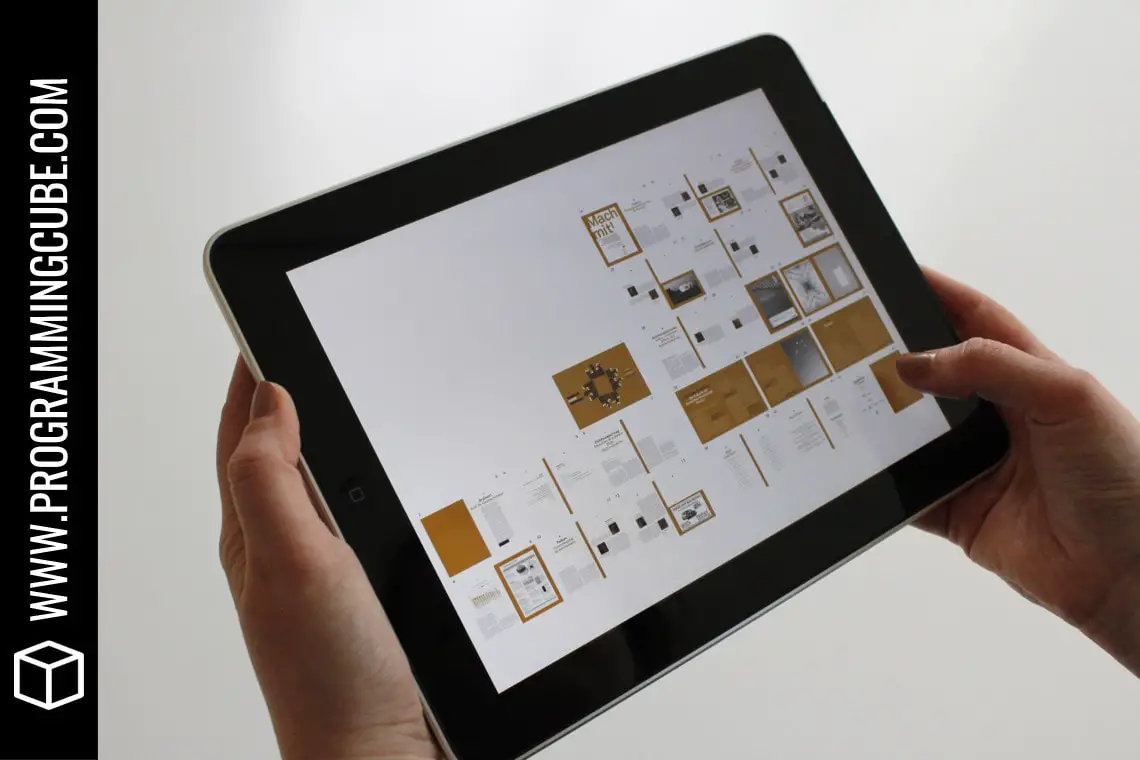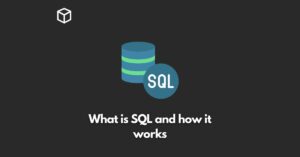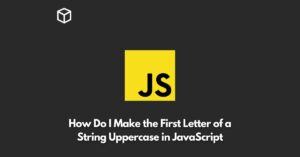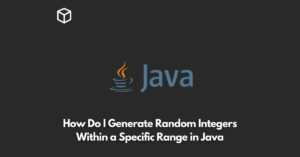IoT stands for ‘Internet of Things’. Now, that is a term that is quite common today among techies and enthusiasts but, not many people understand what it means or why it is called that.
If you were to google the meaning of ‘Internet of Things’ right now, I can assure you, the first definition that pops up might still confuse you. So we’ve gone ahead and hunted down a somewhat simpler definition of the term.
McKinsey defines the term in a logical and straight forward way;
Internet of Things = “Sensors and actuators embedded in physical objects are linked through wired and wireless networks, often using the same Internet Protocol (IP) that connects the Internet“.
To simply put, the term “Internet of Things” applies to any nonstandard computing device that connects to wifi and can transmit data. So your Apple Watch, for example, is an IoT device since watches technically aren’t computing devices but Apple Watches are linked through wireless networks and transmit data.
According to the IoT Total Addressable Market (TAM) forecast published by Transforma Insights in May 2020, it is estimated the growth of the Internet of Things (IoT) through connected devices across the globe will increase from 7.6 billion to 24.1 billion, with the revenue increasing from USD 465 billion to over USD 1.5 trillion by the year 2030).
This makes IoT a top skill with high demand now and even until the future. Because of this, a lot of programmers are learning IoT Development. Coding is required for IoT development.
In this post, we would be looking at the best programming languages for IoT development.
Top Programming Languages for Learning IoT Development
1. C/C++
According to the IoT Developers survey, C language secured the first position for constrained devices while C++ secured the second position.
C is also the most preferred language for IoT hardware, with low computing power and constrained RAM. Additionally, C is a transparent language and allows you to bend your codes as per your requirement.
This allows for greater flexibility that is ideal for IoT development. Another plus point is the portability that C offers. It’s easier for C programs that are written on one system, to run on another.
While C++ is the most common choice for more complex Linux implementations. C++ has a cleaner interface and can allow the implementation to be replaced by mocks for simulation or unit testing purposes.
Both C and C++ have been a foundation for other coding languages for many years thus they are ideal to learn if you want to go into IoT development.
2. Java
Java is a popular programming language and stands out amongst languages to learn for IoT development.
Java has been around for several years and thus, it has the most significant number of developers in and around the world. Also, the developers can easily find assistance from fellow developers for any problem that they might encounter.
Java is preferred amongst many IoT developers for various reasons. Some of these reasons include the help of Java Virtual Machine (JVM) which means the code can be transferred to any chip and run on any JVM.
Java’s extensive library also makes it a flexible and versatile option for IoT development.
3. JavaScript
Although Javascript seems to be more popular as a client-side front-end language for creating dynamic web pages, its’ server-side runtime environment, Node.js makes JavaScript a great language for IoT implementation.
Reasons why you should learn JavaScript for IoT, asides from the use of Node.js include its’ ease of Implementation and event-driven Programming.
JavaScript Libraries & Frameworks such as JerryScript and Johnny-Five are lightweight engines that are intended to run in constrained environments.
4. Python
As opposed to high-level languages such as C++ or Java, Python is specifically designed to implement business logic straight at the device level. Using this coding language you can reduce the volume of data that you have to deal with and that is accessible in the cloud.
Its’ easy to read syntax (compared to C ++, Perl, PHP) and portability make it an excellent choice for learning IoT development.
One of the greatest benefits of Python is its support for universal external libraries such as Tkinker and packages like mysqldb.
5. PHPoC
This is an expansion of PHP on a small chip. It takes advantage of the powerful features of PHP and adds extra features to become a powerful programming language for IoT development
In addition to regular PHP functions, PHPoC also includes several additional functions like SPI, UART, RTC, and various others beneficial for IoT Development.
PHP has a highly efficient runtime. This plays a tremendous role in the deployment and is extremely crucial for the entire implementation process.
6. Swift
Swift is a general-purpose, multi-paradigm programming language that is specifically designed to create applications for the operating system of Apple products so we’re talking iOS, macOS, watchOS, etc.
If you’re looking forward to doing IoT development for these particular platforms then you’re strongly recommended to opt for Swift.
Swift’s concise syntax makes it pretty easy to learn and intuitive and interactive programming language.
Learn Swift if you plan to go into IoT development for Apple Products as they are gradually and steadily changing from using the C language to using Swift predominantly.
7. Lua
Lua is a powerful and fast programming language that is easy to learn and use and to embed into your application.
Lua is designed to be a lightweight embeddable scripting language and has been used in many embedded systems such as the Ginga middleware for digital TV in Brazil and games e.g World of Warcraft and Angry Birds.
Just like Javascript’s Node.js, Lua has a framework called Node.lua which is used for the “Internet of Things” and is built on lightweight Lua interpreter and libuv for event-driven (non-blocking I/O model).
Lua is still a pretty unpopular language when compared to others on this list but, it has been growing in recent years and has the potential to be a better language for IoT development in years to come. This makes it a good idea to learn the language as well.
Conclusion
I would conclude with a quote by Brendan O’Brien, Chief Architect & Co-Founder, Aria System; “If you think that the internet has changed your life, think again. The IoT is about to change it all over again!”
Indeed, IoT is sure to change your life all over again. If you would like to be a part of the change, go ahead and learn one of the best programming languages for IoT development!




